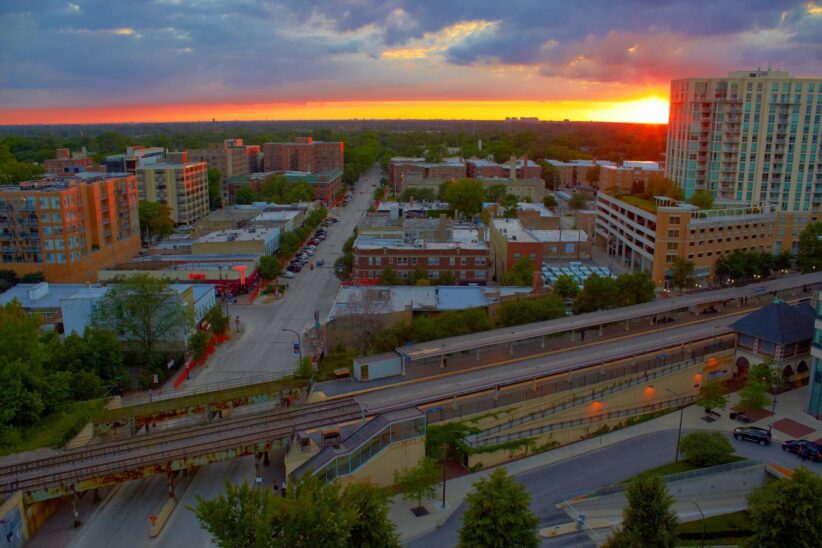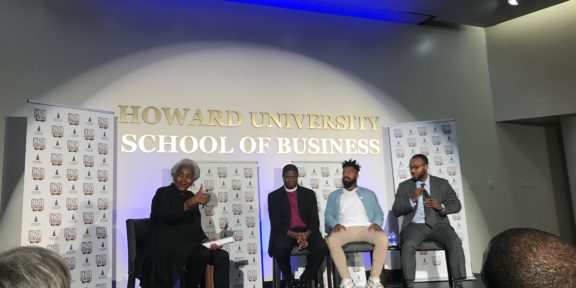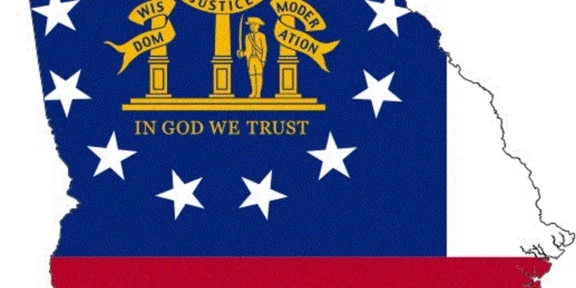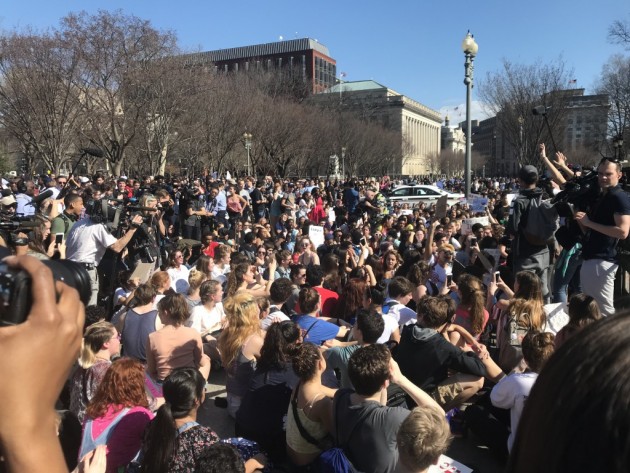By Jade Boone, Howard University News Service
Evanston, Illinois has made history by being the first city in America to fund reparations to the Black residents in the city. The next step is figuring out how the funds will be dispersed. Robin Rue Ribbons, the 5th ward Alderman, spearheaded Evantson’s reparations program.
Located just north of Chicago, Evanston initially passed the resolution in 2019, led by 5th Ward Alderman Robin Rue Simmons.
“The one comment I hear most often is, ‘I did not know,'” she told ABC News. “‘I did not know there was segregation in Evanston.’ ‘I did not know that your housing mortgage is higher than mine but we have the same income.’”
To qualify for the reparations program, Black residents must have lived in Evanston between 1919 and 1969 and suffered from housing discrimination. Black residents and their relatives will be the only individuals eligible to receive funds. Although The City Council plans to vote on the Restorative Housing Reparations program later this month, local organizers are not satisfied with the program in its current form and want to delay the vote.
Funded by a three percent tax on legal recreational marijuana sales, the reparations will be dispersed in $25,000 increments. The revenue would be used for housing and is meant to counteract the lack of affordable housing and sustainable jobs in Black communities.
Evanston Rejects Racist Reparations, the local organizers, said in a post on Facebook that the “current bill proposed by the city of Evanston never went through a racial equality, anti-capitalist process. As a result, historically racist financial institutions like banks, corporations and various individuals, will profit from this proposal. Reparations should not be monetized.”
The conversation of whether reparations should be given out to the African American community has been ongoing for years. Many people were against it for a number of reasons, but many people also felt it was owed for the injustices against the community over the years.
Many places in the United States from a city in California, to Rhode Island, and Texas,
have garnered support and are seeking to provide reparations to Black people. After the death of George Floyd, Breonna Taylor, and Ahmaud Aubrey, the efforts for reparations started to gain momentum and support to provide the African American community with funding to help with efforts needed.
A proposal, known as H.R. 40 has been brought up to congress for the past 18 years, and advocates are more confident it has enough support to pass.











